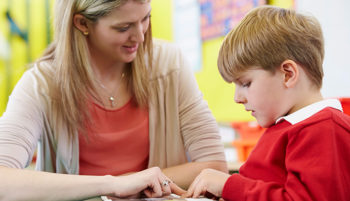 Why I Homeschool
Why I Homeschool
I never thought I would homeschool. Ever. As a third grader, I cried when my best friend announced she was going to be homeschooled. I was devastated! To me, homeschoolers were isolated and terribly bored. The homeschoolers I knew wore long dresses, rode in big passenger vans with multiple siblings, and stared awkwardly at strangers in public without speaking. I was, of course, overjoyed the next year when my friend returned to class.
As a parent, I fell into homeschooling rather accidentally. I had taught in traditional classrooms and always planned for my children to attend public school. In order to maximize family time with my husband’s crazy work schedule and because we knew we would be moving halfway through the year, we decided (very last minute) to homeschool. [Read more…]
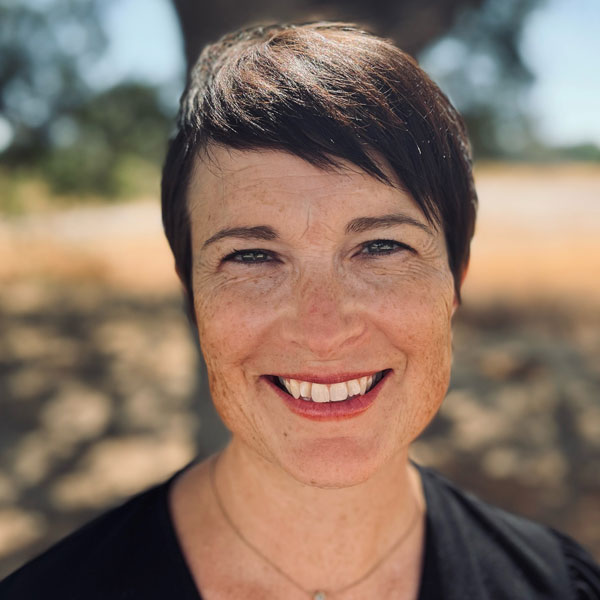
Jo Baldwin first considered teaching as a career in seventh grade after helping a cousin survive summer school homework. Jo’s high school English teacher also inspired her love of teaching and continues to be one of her mentors to this day. After graduating with a B.A. in English and a secondary teaching credential from Northern Illinois University, she moved to California and taught in a private secondary school and then a public middle school. Jo now spends her time homeschooling two of her children, chasing animals on her hobby farm, and writing children’s literature. She loves to travel and explore wherever life takes her, wander through used bookstores, drink strong coffee with plenty of cream, and use newly sharpened pencils. She agrees with William Butler Yeats’ viewpoint on learning: “Education is not the filling of a pail, but the lighting of a fire.”
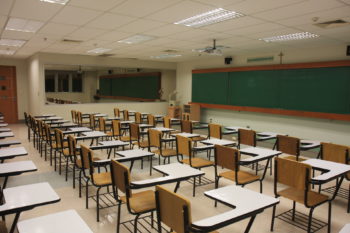 Businesses were shutting down and asking employees to work from home. My husband was one of the last employees to work at his computer company. It made absolutely no sense to me why he was being required to go to work when the barista, serving coffee in the company lobby, was staying home. Finally, my husband received a phone call from his boss to work from home. I guess that Wednesday was the last normal day I can remember during the Covid pandemic. The next day, my husband worked from home and I worked at the school.
Businesses were shutting down and asking employees to work from home. My husband was one of the last employees to work at his computer company. It made absolutely no sense to me why he was being required to go to work when the barista, serving coffee in the company lobby, was staying home. Finally, my husband received a phone call from his boss to work from home. I guess that Wednesday was the last normal day I can remember during the Covid pandemic. The next day, my husband worked from home and I worked at the school.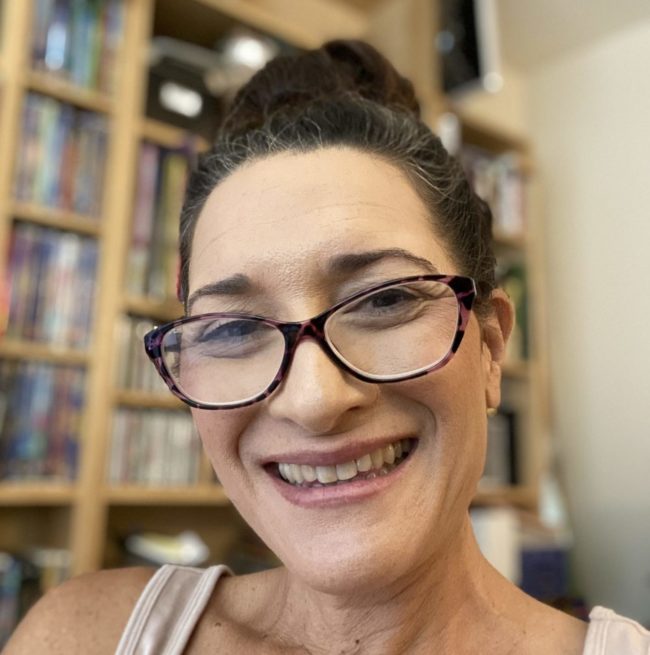

 Purposeful Parenting and Overcoming Challenges
Purposeful Parenting and Overcoming Challenges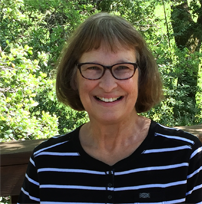
 College and Career Explorations
College and Career Explorations